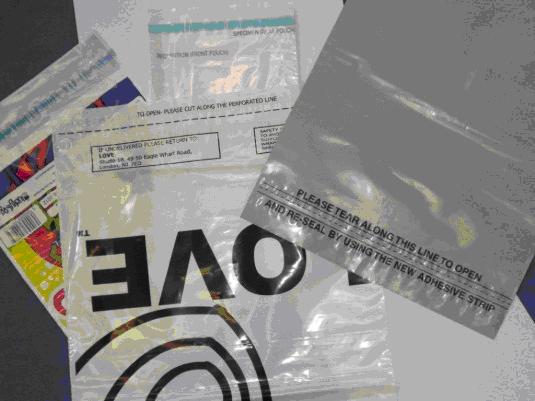At WOLDPAC we support informed debate on these important issues that effect on us all.
This article was published by Barry Twigg at National Flexible
The pace of change in the food packaging industry is truly remarkable. Whilst we may have our own views on the content of Blue Planet II and its tenuous relevance to the UK it has undoubted driven a change in thinking on a truly awesome scale.
This change was particularly evident at last week’s Packaging Innovations exhibition at the NEC. The scale and versatility of our industry was there for all to see. However, a myriad of exhibitors promoted their products on environmental criteria. Buzz words were ecological, sustainable, recyclable, biodegradable, compostable, life cycle assessments, CO₂ emissions, Circular Economy, Closed Loop and carbon footprints were freely discussed with virtually everyone wanting to make their contribution to ‘saving the environment’.
Which made me wonder, what has happened to our sense of perspective? In the past we have considered the prime requirement of food packaging was to protect the pack contents to ensure they were preserved and presented in pristine conditions and we choose the best and most economical materials to ensure that happened. Now we have Asda using glass for bottles, Morrisons bringing back paper bags, Waitrose using compostables for bananas and the Co-op using similar materials to replace plastic bags.
These are all highly reputable companies responding to the current public preoccupation with the current anti plastic paranoia. However, anyone with a modicum of knowledge about the adverse effect of the environment should these alternative materials be widely adopted must conclude this is simply the wrong way to go.
Universal adoption of these alternative materials would mean that we would need tens of thousands of acres to grow the base materials for compostables and biodegradables in addition millions of gallons of water would be needed to facilitate their growth and the additional CO₂ emissions in their manufacturing, transport and disposal simply adds to global warming.
The Institute of Chemical Sciences has recently produced a paper which concludes that replacing current plastic applications with current alternative materials would result in a doubling of energy consumption allied to a tripling of greenhouse gas emissions.
It is for these reasons the National Flexible stand at the NEC focused solely on ‘the Future of Flexible Packaging’ courtesy of the ‘Academy’. This is a 2-2½ hour presentation of the facts regarding plastic packaging.
It considers, in detail, the options currently available to reduce the use of plastic in food packaging and those materials currently in the process of development which will further alleviate the problems not only of mixed polymers and recycling, but also the ‘Closed Loop’ recovery process that should satisfy the current critics of plastic in packaging.
This presentation has been delivered to over 40 of the UKs leading food manufacturers with over 200 delegates taking part. It will undoubtedly be of interest to any major food manufacturer or retailer who wishes to develop a medium to long-term food packaging strategy which is environmentally and economically viable.
The ‘Academy’ is presented at the participating company’s site, you do not need to be a customer to participate. This is not a National Flexible sales pitch, our aim is simply to build a consensus for a way forward which is practically environmentally equitable.
We welcome your thoughts and debate.

